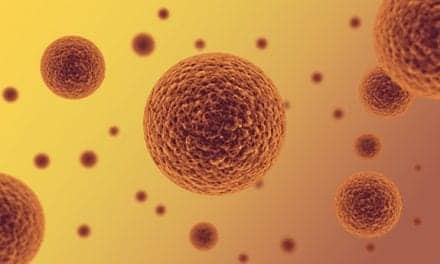A new marine compound known as symplostatin 5 may lead to improved drug therapies for pulmonary diseases by inhibiting their progression rather than managing their symptoms, according to research in the Journal of Medicinal Chemistry.
Extracted from blue-green algae collected in Cetti Bay, Guam, the compound targets elastase, an enzyme overactive in COPD, asthma, acute respiratory distress syndrome, cystic fibrosis and other diseases.
Researchers discovered the blue-green algae, which contains naturally occurring molecules essential for survival in a harsh marine environment, prevented elastase-driven changes in bronchial connective tissue cells. The findings are significant because current therapies alleviate symptoms of COPD, but do not slow disease progression, according to researchers.
“By inhibiting [elastase], we prevent one of the key players in the initiation of COPD. So, we prevent the ball from being relayed on to other players involved in the progression of the disease,” said Lilibeth Salvador, a researcher at the University of Florida, which conducted the study.









